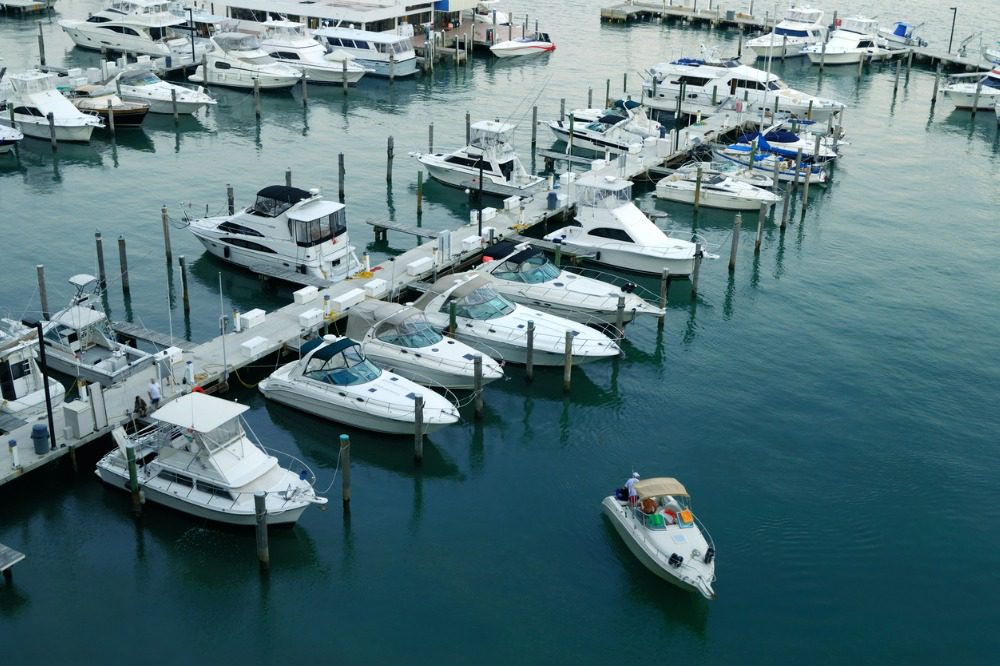Businesses jump to plug Florida boaters’ insurance gap

Under new rules, boat liveries must demonstrate that they and renters of their vessels have valid insurance cover from January 1 to obtain annual permits. As per requirements, operators and their customers must have cover of at least $1 million per occurrence and $500,000 per person when the vessel is being rented.
Boating rental campaigners had alleged that insurers were not on board with the changes and that they could lead to soaring insurance costs and a capacity absence, ABC and others reported.
New safety law taking effect in #Florida today contains insurance requirement that may jeopardize boat rental businesses across the state. https://t.co/xgdxiD3xoT via @gangrey
— Craig Pittman (@craigtimes) December 1, 2022
Concerns were strong enough that Florida’s Fish and Wildlife Conservation Commission (FWC) has pledged it will take an education rather than enforcement approach for six months, according to reports.
Nevertheless, rental operators still risk stranding themselves in a difficult position if they do not access insurance cover from the January deadline, an insurance professional has cautioned.
“What a lot of liveries in Florida are now learning is that just because the FWC is not going to be enforcing the bill, there’s still a lot of implications, because it’s written in law that they’re supposed to be insuring their renters,” said Cam Serigne, founder and CEO of vQuip.
“If they do not extend their coverage or look to see if their carrier is willing to extend, they could be left open in those first six months.”
Serigne urged “communication” between businesses and their agents.
“This is a changing ecosystem of insurance for rentals, and there’s a lot of downside risk that is going to arise if people are not made aware of this,” he said.
Plugging the insurance “gap”
In the weeks that have followed campaigners’ warnings, at least two insurance initiatives have jumped in to offer cover, vQuip and partner One80 Intermediaries among them.
The pair debuted what vQuip called a “first-of-its-kind” individual boat renters’ liability program last week, with less than three weeks to go to the critical January deadline. The product is available across 50 states.
The business began developing its boat renters’ product “about two years ago”, according to Serigne.
“The idea was, there was a huge hole in rental markets where the businesses themselves would hold these large commercial insurance policies and million-dollar limits and insure themselves,” he said.
“What most renters did not understand is that I’d say in the majority of the circumstances, that policy did not extend coverage to the renter.”
The product was first envisioned with a $300,000 limit in mind, but Florida’s requirements led to an upwards revision.
“When we saw what was going on in Florida, […] we realized we had to bring a solution, so we worked with [our partners] to get our policy up to one million to provide a solution in Florida for renters,” Serigne said.
“The big issue was there was just not much time for the state’s markets to react, and we’ve been able to help.”
Improving safety on Florida’s waters
The new rules are intended to boost safety and trim down rogue operators.
Florida saw 2,461 people injured in boating accidents in 2021, with rentals accounting for 18% of vessels involved in incidents, according to FWC figures.
“Before this law, renters assumed a huge amount of liability through most rental contracts – and were historically excluded by commercial policies, leaving a gap in coverage,” said Bolt chief MGA officer Rob Bauer.
“Injury statistics show boat rental carries risk. A decision not to insure any activity is a decision to retain, or effectively self-insure.”
Markel and Bolt announced the launch of their boat renters’ insurance through Bolt Agency’s Buoy on Tuesday.
“Florida has a vibrant boating culture and thriving boat rental market, and it’s important to ensure both can continue to thrive while keeping boaters safe,” Bauer said.
“That’s Florida’s focus, and we’re eager to offer Buoy in other states or markets with similar goals.”
Using technology to get the product to market
Both sets of businesses have looked to technology in their bids to get cover to boat liveries and renters.
One80 and vQuip have made an app available to boat liveries. When a new reservation is created, rental services are then asked to share a link with renters so they can fill in their details.
Buoy also uses an app, which has a check-in and check-out function, as well as safety education and compliance, in addition to coverage.





